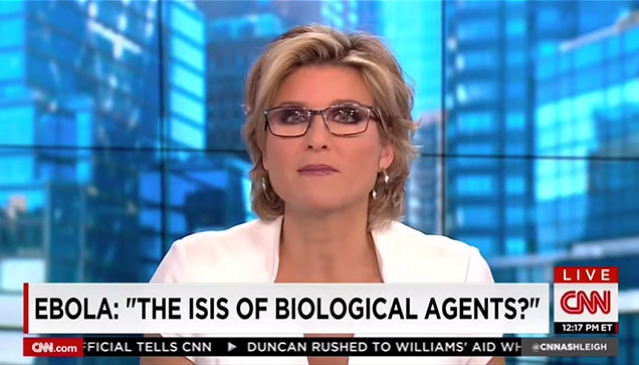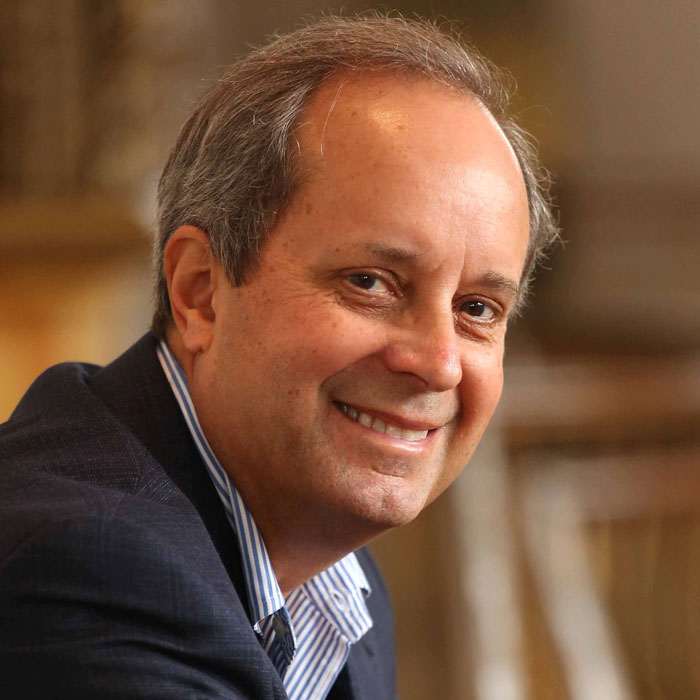President’s State of the Union Calls Attention to Natural Disasters. So What’s Next?
Nineteen minutes into his hour-long State of the Union address last night, President Obama talked about disasters and climate change. Here are the entire 204 words from his speech: But for the sake of our children and our future, we must do more to combat climate change. Yes, it’s true that no single event makes […]
Nineteen minutes into his hour-long State of the Union address last night, President Obama talked about disasters and climate change. Here are the entire 204 words from his speech:
But for the sake of our children and our future, we must do more to combat climate change. Yes, it’s true that no single event makes a trend. But the fact is, the 12 hottest years on record have all come in the last 15. Heat waves, droughts, wildfires, and floods – all are now more frequent and intense. We can choose to believe that Superstorm Sandy, and the most severe drought in decades, and the worst wildfires some states have ever seen were all just a freak coincidence. Or we can choose to believe in the overwhelming judgment of science – and act before it’s too late.
The good news is we can make meaningful progress on this issue while driving strong economic growth. I urge this Congress to pursue a bipartisan, market-based solution to climate change, like the one John McCain and Joe Lieberman worked on together a few years ago. But if Congress won’t act soon to protect future generations, I will. I will direct my Cabinet to come up with executive actions we can take, now and in the future, to reduce pollution, prepare our communities for the consequences of climate change, and speed the transition to more sustainable sources of energy.
The New York Times has an interesting interactive post on the entire speech that’s worth looking at.
Although the President’s comments were brief, I took away several important points for all of us interested in disaster philanthropy to consider:
- Natural disasters now have the attention of our government leaders. There is mounting recognition that natural disasters are increasing in numbers and growing in intensity. That’s an important first step. However, a more effective response will take more government resources, better coordination between government agencies and new policies. Is the President ready to apply muscle to make this happen?
- President Obama is the first president to publicly link the growing number of natural disasters with climate change. Are disaster philanthropists ready to do the same and put resources into changing public policy and encouraging lifestyle changes in order to combat climate change?
- President Obama urged passage of a market-based cap and trade legislation first introduced by Senators John Joe Lieberman several years ago. But as the Times points out, Sen. Lieberman is leaving the Senate and Sen. McCain is no longer interested What will the President do with executive branch authority that is truly meaningful? In his rebuttal last night, Sen. Marco Rubio seemed to suggest Republicans were ready to fight any administrative efforts. He said: “When we point out that no matter how many job-killing laws we pass, our government can’t control the weather – he accuses us of wanting dirty water and dirty air.”
What are philanthropists who are interested in natural disasters going to do to help President Obama and Congress find solutions ?
The President’s speech gives us more questions than answers. Let’s hope it leads to a national dialogue on better planning and recovery to natural disasters. Let’s start that dialogue here. Email me at bob.ottenhoff@disasterphilanthropy.org
More like this
Can Fragile African Health Systems Withstand the Ripple Effects of Ebola?

